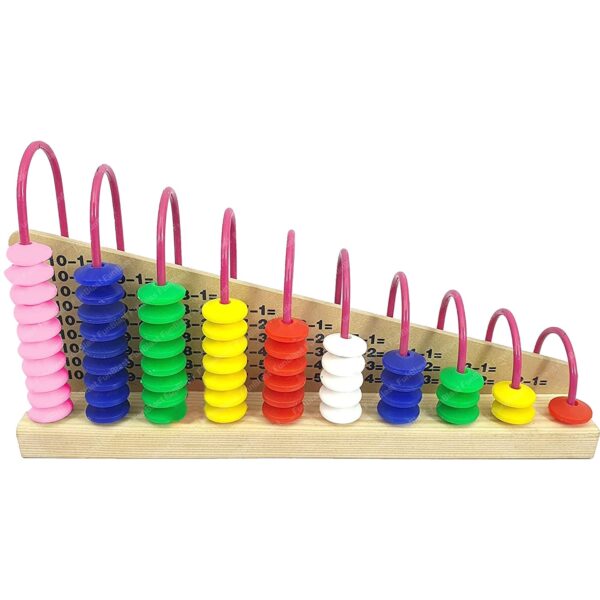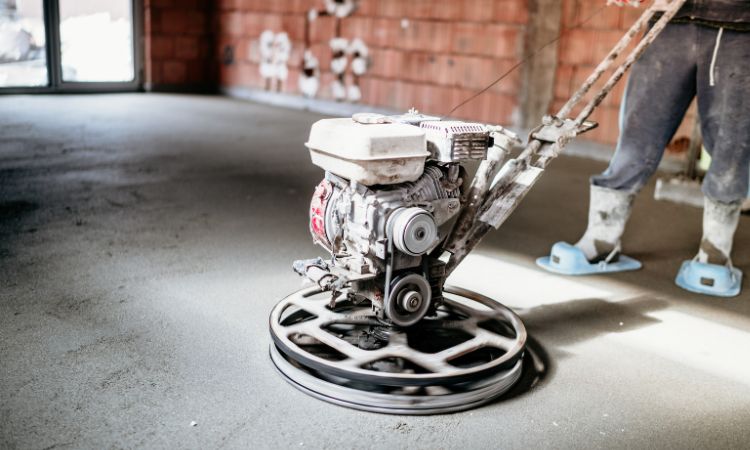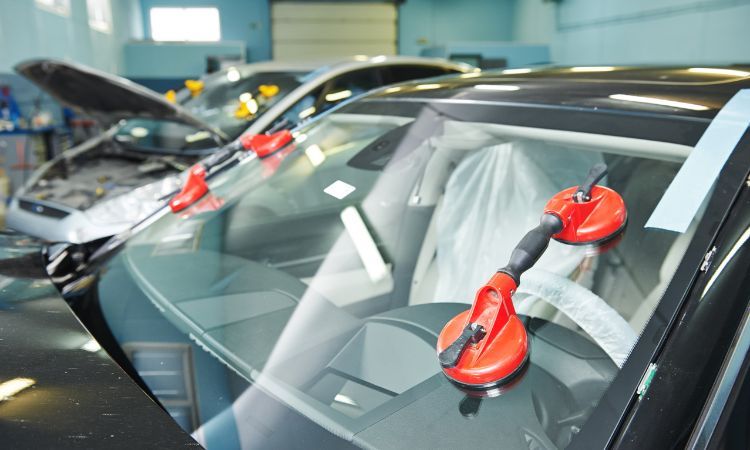
Introduction:
In the ever-evolving landscape of educational toys, the FunBlast Wooden Abacus stands out as a timeless and effective tool for fostering early learning and cognitive development in children. This classic educational device has been a staple in classrooms and homes for generations, captivating young minds with its simplicity and versatility. In this article, we will delve into the world of FunBlast Wooden Abacus, exploring its history, benefits, and how it continues to play a crucial role in shaping young minds.
The History of the Abacus:
The abacus has a rich history dating back thousands of years, with origins in ancient Mesopotamia. Over time, various cultures across the globe developed their own versions of this counting tool, each adapting it to suit their needs. The word “abacus” itself is derived from the Greek word “abax,” meaning a flat surface. The abacus has served as an invaluable aid in arithmetic, allowing users to perform complex calculations with remarkable speed and accuracy.
FunBlast’s Take on the Traditional Abacus:
FunBlast, a renowned brand in the realm of educational toys, has brought a fresh perspective to the traditional abacus with its Wooden Abacus. Crafted with precision and designed for durability, the FunBlast Wooden Abacus combines the charm of a classic educational tool with modern aesthetics. The use of high-quality wood ensures a tactile experience for children, enhancing their sensory development while they engage with mathematical concepts.
Benefits of FunBlast Wooden Abacus:
- Early Math Skills Development: The primary function of the FunBlast Wooden Abacus is to introduce young learners to the world of numbers. By manipulating the colorful beads on the sturdy wooden frame, children develop a foundational understanding of counting, addition, and subtraction. This hands-on approach to learning lays the groundwork for more advanced mathematical concepts later in their academic journey.
- Fine Motor Skills Enhancement: The act of moving beads along the abacus wires requires precise hand-eye coordination and fine motor skills. As children grasp and slide the beads, they improve their dexterity and learn to control their hand movements. This not only aids in academic pursuits but also contributes to overall physical development.
- Visual and Tactile Stimulation: The vibrant colors of the beads on the FunBlast Wooden Abacus stimulate visual perception, capturing a child’s attention and making the learning process engaging. The tactile experience of handling the wooden frame and beads provides a sensory-rich environment, enhancing the child’s overall learning experience.
- Problem-Solving Skills: The abacus serves as a tool for solving mathematical problems in a visual and intuitive way. As children experiment with different bead arrangements to represent numbers, they develop problem-solving skills and logical reasoning. This process of trial and error fosters a growth mindset and resilience in the face of challenges.
- Versatility in Learning: Beyond basic arithmetic, the FunBlast Wooden Abacus can be used to teach a variety of mathematical concepts, including multiplication, division, and even introductory algebra. Its versatility makes it suitable for children of different age groups, ensuring that it remains a relevant educational tool as a child progresses through various stages of learning.
Conclusion:
In a world inundated with digital distractions, the FunBlast Wooden Abacus stands as a testament to the enduring value of hands-on, tangible learning experiences. As an educational toy, it transcends generations, providing a bridge between traditional teaching methods and contemporary learning needs. The timeless appeal of the abacus, coupled with FunBlast’s commitment to quality and innovation, ensures that this Wooden Abacus continues to be a cherished companion in the journey of early childhood education. By combining play and learning, the FunBlast Wooden Abacus remains an essential tool for nurturing young minds and instilling a love for mathematics from a young age.




















